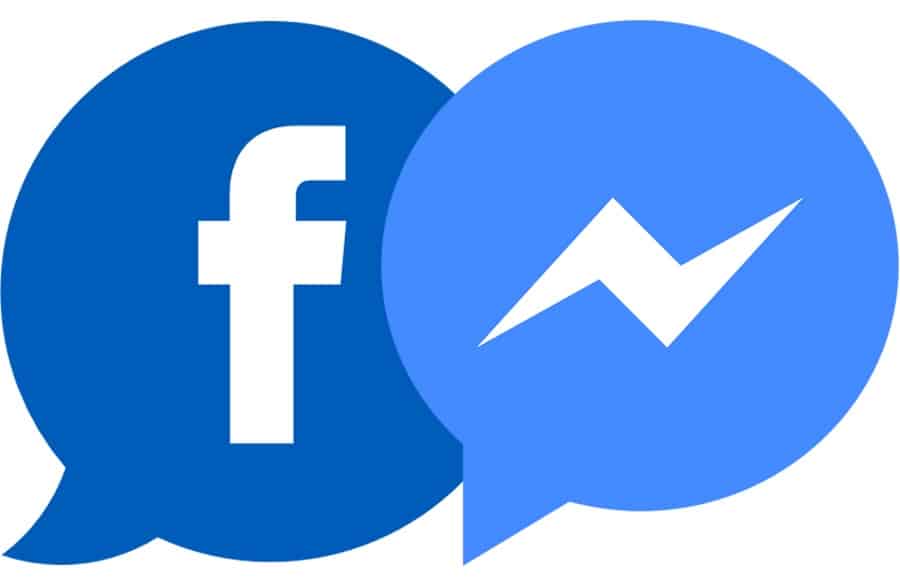Telegram’s ICO Token Is Finally Open for Public Sale
Telegram, the famous and most secured chat app, will be organising a sale for its crypto token, ‘Gram’, open for its retail investors through a limited listing. The sale will be carried out prior to a full public sale to be hosted by the company in coming October, starting from July 10.

Telegram has previously hosted a massive token sale in the month of February and March in 2018, where it raised a record-high $1.7 billion, despite the sale being limited only to accredited investors. It was the biggest fundraiser organised by a crypto token offering. The fundraiser was to support the development of the Telegram Open Network (TON), a blockchain project that was targetted to decentralise the operations, including file sharing, carried out through digital communication on Telegram.
The sale will go live on the crypto exchange Liquid and is a limited offering. According to the Gram sale page on Liquid’s website, the sale is open globally, except for nations, including the U.S., Korea and Japan, due to some security issues. Though the investors can buy the tokens in exchange for the U.S. dollars or the USDC stable coin.
The website also states that the sold tokens won’t be tradeable as soon they are sold. “The tokens being sold will not be released until after TON goes live (mainnet release), in accordance with the delivery schedule. Purchasers will not be able to transfer, withdraw, or trade the Grams before they are released.” says the gram sale page on the Liquid website.
Telegram has not revealed on the cost and the number of the tokens to be sold. But it has revealed that it will disclose the number of tokens held by Gram Asia. Gram Asia is a Korea based organization, which claims to hold the biggest share of the Gram tokens in Asia.
The company has not commented on the news yet, and an unofficial TON channel has requested the investors to wait for the piece of official information from Telegram.

Yashica is a Software Engineer turned Content Writer, who loves to write on social causes and expertise in writing technical stuff. She loves to watch movies and explore new places. She believes that you need to live once before you die. So experimenting with her life and career choices, she is trying to live her life to the fullest.

